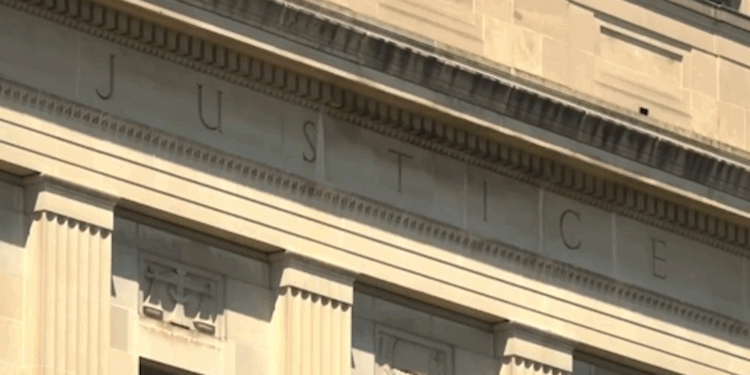WASHINGTON, D.C. — The House and Senate have approved legislation giving the Department of Justice 30 days to release all of the “Epstein files.”
Tuesday evening, the bill received the green light from the Senate. It will now head to President Trump for a signature. The bill’s passage with overwhelming bipartisan support came a few hours after Epstein survivors and family members of victims spoke on Capitol Hill Tuesday morning, urging the House to pass the measure.
For months, President Trump has criticized using this legislative route — which was made possible through a tool known as a discharge petition — to release all the files related to the late convicted sex offender. But once Trump said he would sign the legislation and signaled support for it, so did Republicans who previously dismissed the method as a “distraction.”
If President Trump signs the bill, the Department of Justice would have 30 days to release the files. However, some legal analysts predict the legislation might not provide more than what has already been made publicly available.
“There’s grand jury secrecy that will come into play. Some people refer to this grand jury secrecy as ‘absolute.’ It’s not absolute, there are exceptions, but it does apply to government attorneys and the grand jurors themselves. It does not apply to the defendants and does not apply to the witnesses. They could choose on their own to disclose this information regardless of what they say the law allows or prevents,” said J.D. Harriman, attorney and partner at Foundation Law Group. “But this bill may not be able to get much information that wouldn’t otherwise be available, unfortunately.”
Harriman also said some information, that could be deemed sensitive, may also be withheld.
“One is ongoing criminal investigations. Even though no one has talked about those, they could say that there are. National security. If heavy political hitters are involved, they may invoke national security really to prevent them from being embarrassed, but it wouldn’t really be for national security,” said Harriman. “All of these things are hard to pierce. And you don’t know if they’re being honest or not.”
Harriman said new criminal investigations could result from the files depending on which names appear. If any criminal charges emerge, Harriman said they would most likely come from New York, which could stretch the statute of limitations in certain cases.
“But civil actions are a different story, and they may arise out of disclosure of names that we’re not aware of so far,” said Harriman.
Epstein died by suicide in 2019 while in a New York City jail cell while facing sex trafficking charges.










